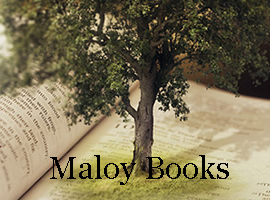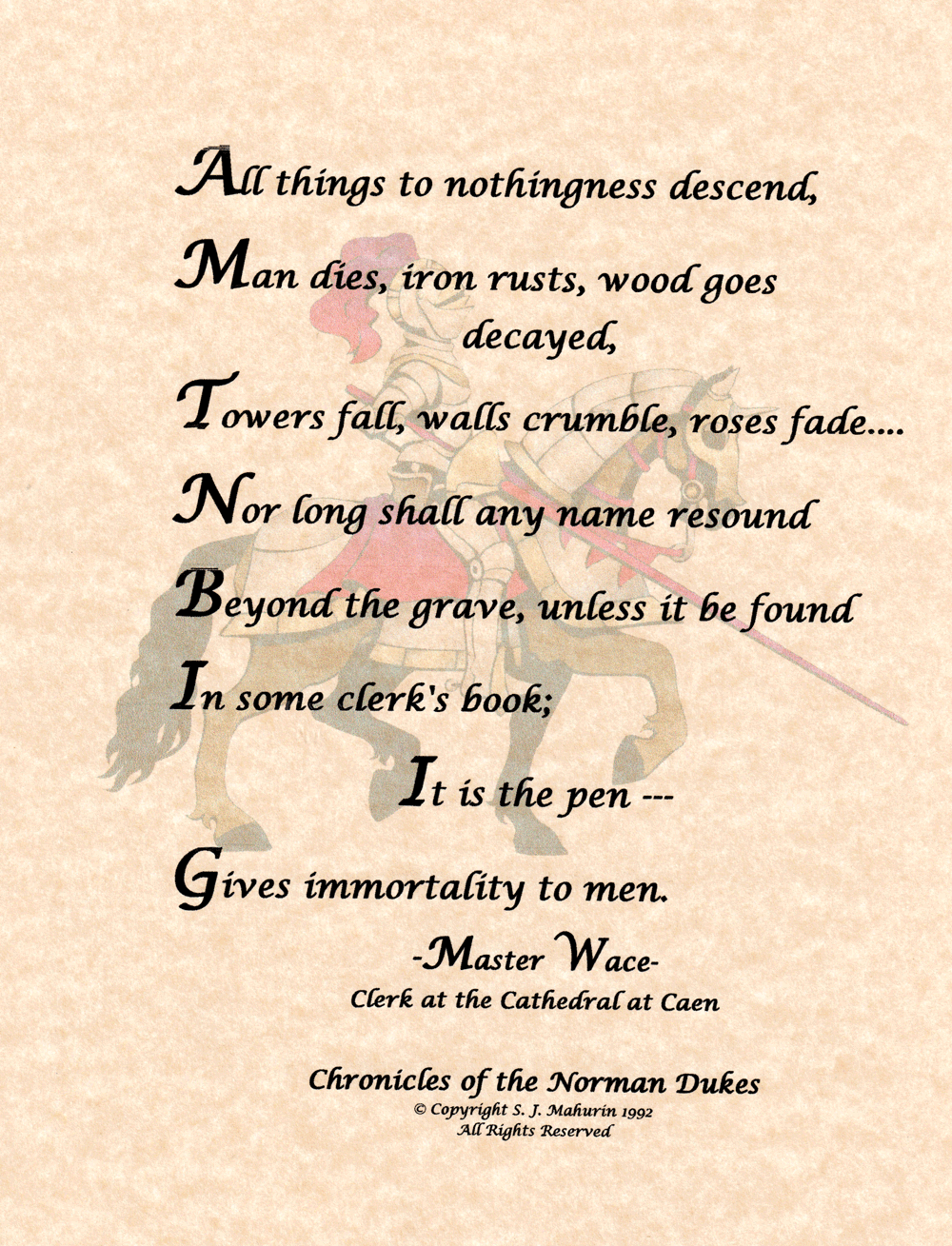Transition Time - World War II
Marjorie Ann George Patton
The “Great War” was a time of profound changes to the family of Hiram and Bertha George. As I look back on the events of my childhood, I realize that, along with many other families, ours was never the same.
Every one in my family was involved in the war effort in one way or another. Because of gasoline rationing, our family moved to a place just south of Baxter Springs, Kansas to be near Dad’s work at the Ballard Mine, where lead and zinc, essential to the war effort, was gouged out of the earth. My mother went to work at Lerner Brothers Manufacturing in Baxter Springs where they made Army uniforms.
My eldest brother, Herman, was drafted early in the war and fought in Germany, France and Luxenburg before being captured by a German “super soldier” and spending time as a German prisoner of war.
My sister, Lillian, and her husband Gordon Hohler, worked in defense plants in Detroit, Michigan. She made parts for PT boats and he was foreman in another plant. The government kept sending him automatic deferments because his job was essential to the war effort but he felt he should be fighting with the rest, so he turned the next deferment down and was sent to the South Pacific where he was involved in battles at Okinawa, Laite, Wake Island and other battles in that area.
When my brother, Loren, was 17, he decided he was old enough to go fight for his country too, so he joined the navy with my parents’ permission. He was turned down because of a stiff wrist but as soon as he was 18, he was drafted. He went through the same hospital for his physical as before and the doctor even remember him and informed him that, “that wrist is a lit better.” He served on the USS New Jersey in the South Pacific during the rest of the war.
Next in line was my brother, Bobby, who was too young for military service, but who felt he must do something to help out the effort, so he quit school and went to work in the lumber industry. He bought a bicycle to ride back and forth to work and had it painted red, white and blue to show his patriotism.
But what could I, as a small child, do to help my country? I really took this to heart, since my family was so involved, so Daddy worked me up a small plot of my own to plant a Victory Garden. Everyone was encouraged to grow as much of their own food as they could during this time of food rationing, so this was to be my small contribution. I felt very important to be doing my “part for peace.” This little spot was apart from the regular family garden and was my total responsibility. I was really proud of my project to help my country.
Even the music changed during that time. I remember that in school some old songs were changed to reflect the war effort. For instance, we children sang at the top of our voices: “Yankee Doodle, keep it up, Yankee Doodle Dandy! Buy more stamps and buy more bonds, instead of so much candy!!!” When my brother, Loren, finally came home on lave, each time he would go into a restaurant someone would, invariably, put some money in the juke box and play “Bell Bottom Trousers, Coats of Navy Blue, I love a sailor and he loves me too!!!” The meant to honor him. They never knew he despised that song! So many of the songs written during that era reflected the fact that families and lovers were parted but were looking forward to being together again. Most of the music was beautiful and touching. It had a message which modern music is lacking - that there is hope beyond what is happening right now.

